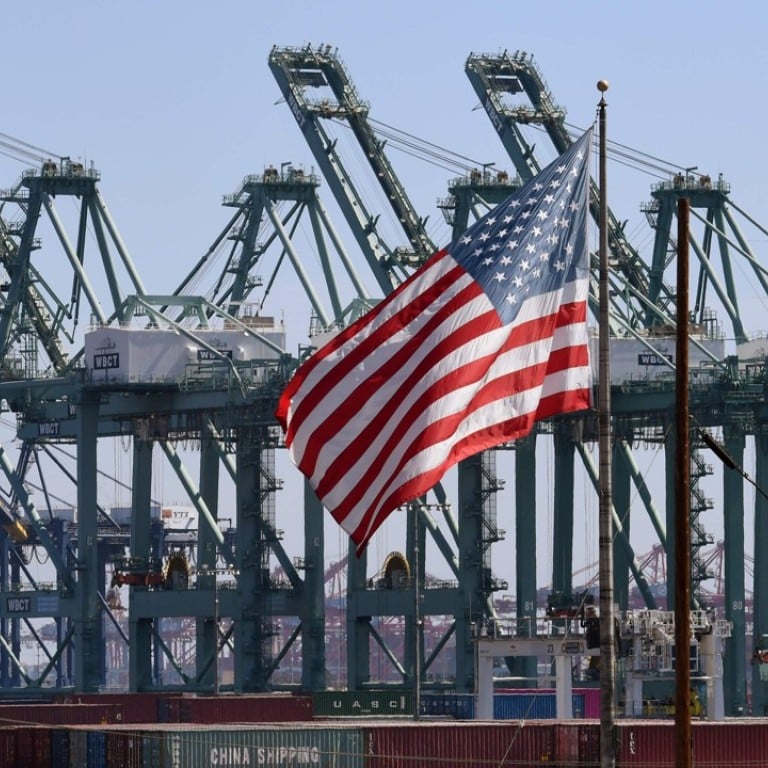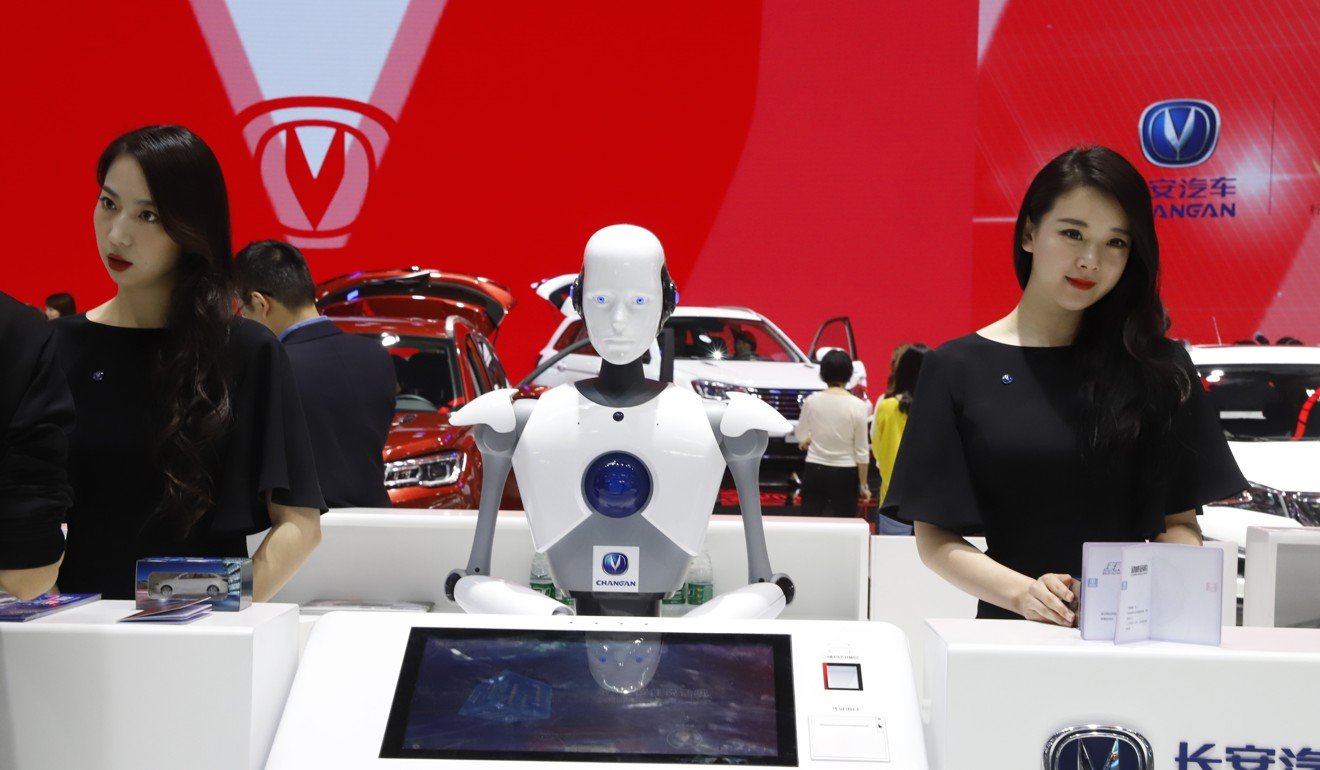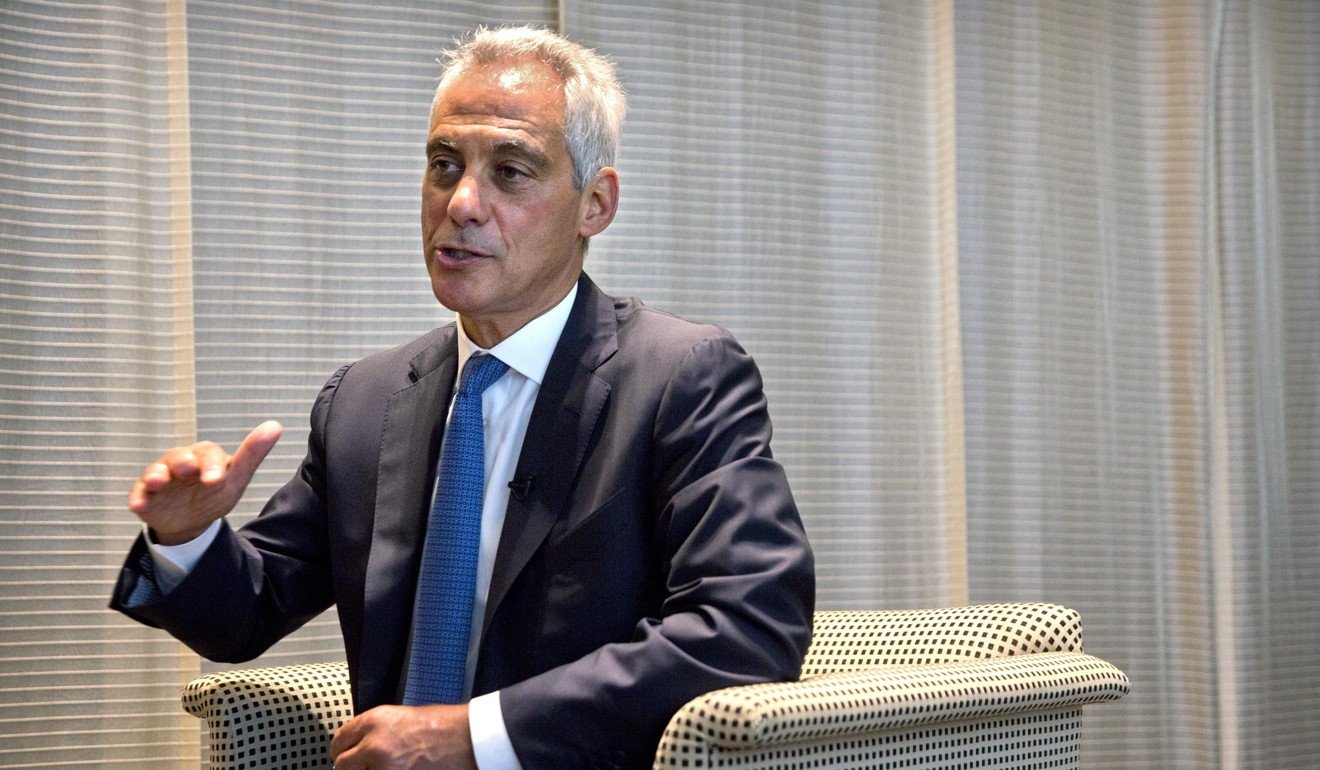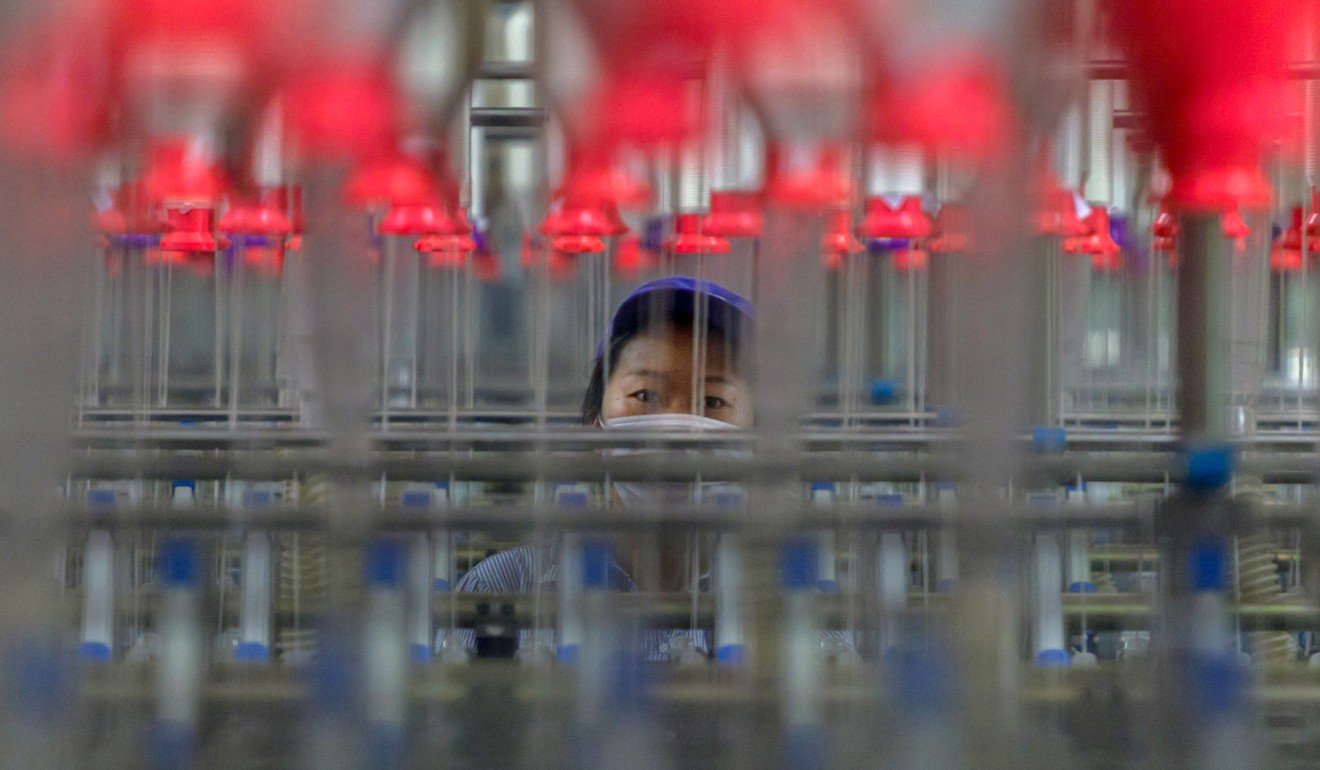
US-China trade war fails to dampen cooperation between states and private enterprise
Not quite business as usual but at a local level US authorities and companies are continuing to build ties with China on everything from technology to climate change
Several US states and private businesses are pressing on with plans to work with China in fields ranging from technology development to climate change, despite the spiralling confrontation of the trade war.
Analysts said the two countries would continue to engage strategically and in sectors such as innovation, although the prospect of significant cooperation may be curtailed as China-US tensions move beyond economics to security issues.
Last week the United States infuriated Beijing with a proposal to sell US$330 million worth of arms to Taiwan, and US President Donald Trump accused China of meddling in the US midterm elections. Washington has also sanctioned a Chinese defence ministry unit and its director for buying weapons from Russia. In response, China recalled its naval chief from a visit to the US.
Cold war 2.0: US intelligence agencies put new emphasis on China and Russia
Despite the tensions, the state of Michigan last month signed a memorandum of understanding with China’s Ministry of Science and Technology to jointly develop and share autonomous vehicle technology.

Tom Kelly, CEO of Michigan-based Automation Alley, a manufacturing and technology business association, was in China as part of the Michigan delegation and also attended the World Economic Forum in Tianjin.
He said that business had to continue despite the tariff war.
Speaking on the forum’s sidelines, Kelly said part of his mission was to build a bridge for business between the countries to keep his member companies’ technology competitive in the global market.
“The world will continue to integrate, especially in manufacturing and technology. We cannot shy away from that,” he said.
“At the [federal] government level, there may be issues that are valid to work out, but from the business level, globalisation has already occurred, especially in manufacturing.”

Chicago mayor Rahm Emanuel visited China in July, seeking to lock in a US$1.3 billion deal for a Chinese company to assemble railcars in his city.
California is also trying to shore up efforts to address climate change and cooperate on green energy with China.
China and California rise above US trade war for action on climate change
Alaska governor Bill Walker led a 40-member delegation on a 10-day trip to China in May to explore opportunities in tourism and environmental protection.
Wei Jianguo, China’s former vice-minister of commerce, said that US states were attracted by China’s market potential as it moved up the industrial chain from labour-intensive manufacturing to greater reliance on technology.
They also saw opportunities to enter China’s financial markets, he said, while China was interested in introducing advanced manufacturing technology to its second-tier or smaller cities.

He Weiwen, a former economic and commercial counselor at the Chinese consulate in New York and San Francisco, said cooperation at local levels had expanded from the traditional manufacturing sector to technology such as artificial intelligence.
Shi Yinhong, a professor of international relations at Renmin University in Beijing, said that China had made more effort in recent years to promote closer ties with US states, but that the escalating tensions on all fronts had led to fewer possibilities for cooperation between the world’s two biggest economies.
“There should be many areas where the two countries work together, such as reviewing and revising global trade rules, on regional hotspot issues, and addressing climate change,” said Shi, who is also a government adviser.
“Under the current tensions, however, it is unlikely to see any substantial progress in any of those areas.”
But Herve Lemahieu, director of the Asian power and diplomacy programme at the Lowy Institute in Sydney, Australia, said there was still “an extraordinary amount of complementarity and mutual dependence” between the two countries, which he believed would continue to act as “a ballast” in the background to help stabilise geostrategic and geo-economic tensions.
“The US has largely given up hope that open-ended engagement will promote a liberal transformation in China and they now view China’s continued economic rise with far more wariness,” Lemahieu said.
“However, policy planners in the Trump administration accept that targeted engagement with China in pursuit of national interests will be necessary.”
Lemahieu noted that the US still wanted China to “play a constructive role” in the negotiations with North Korea and that China was also a key destination for increasing US energy exports.
“Despite the recent escalation in bilateral tensions, both countries accept that their economies are enmeshed in the global economy in a way that was never the case between the US and the USSR in the previous cold war,” he said.
How Donald Trump made being tough on China the new normal and why it’s here to stay
Huang Rihan, executive director of the Belt and Road Institute at the Centre for China and Globalisation, a Beijing-based think tank, said Trump still needed China’s help with the Korean peninsula to bridge the gap of expectations on how to proceed with denuclearisation.
On other regional security issues and global governance, it was also hard to ignore China’s influence, he said.
“Even though Trump abandoned the Iran nuclear deal, China’s role as an important mediator in Middle East issues cannot be ignored.”
Huang said that China and the US were highly interdependent and the initiative for cooperation should be strong, and that current difficulties needed to be weathered.
“Confrontation is inevitable and there will be more and it will go deeper, but it is crucial for both sides to find a rational mechanism to control risks and conflicts,” he said.

